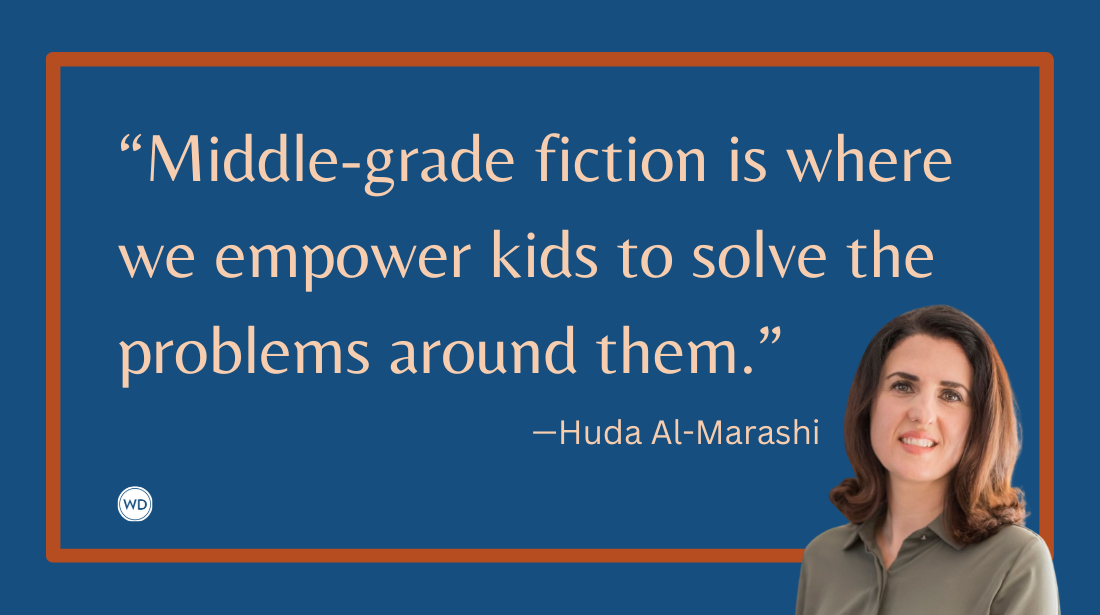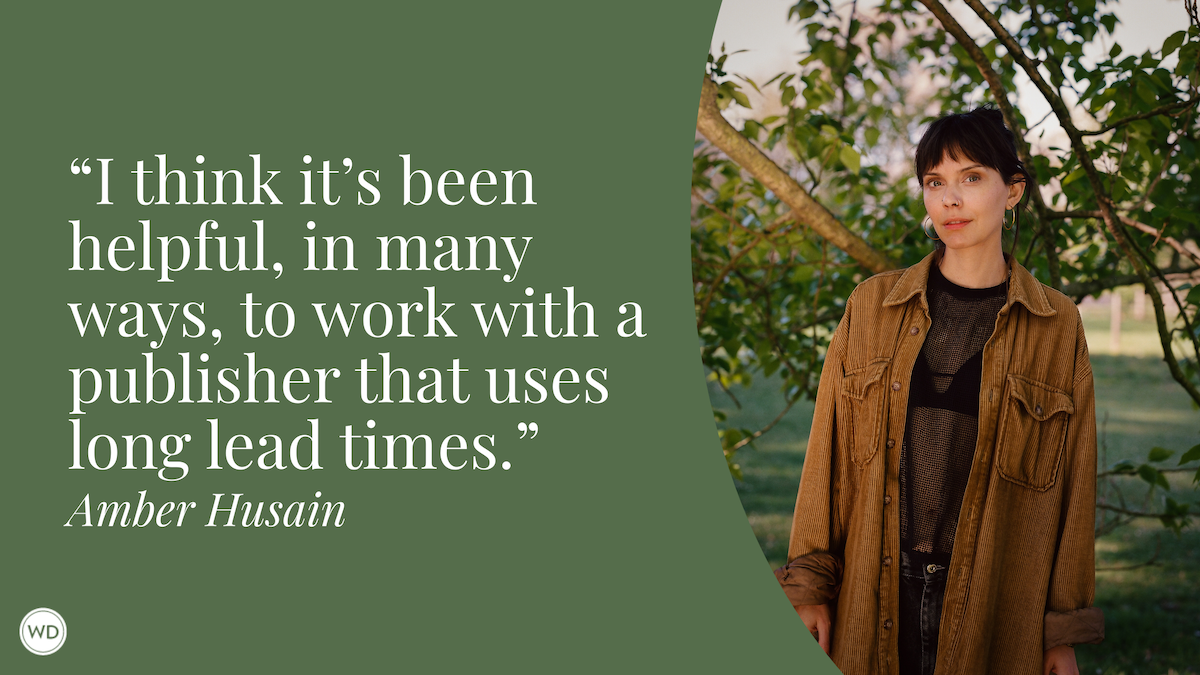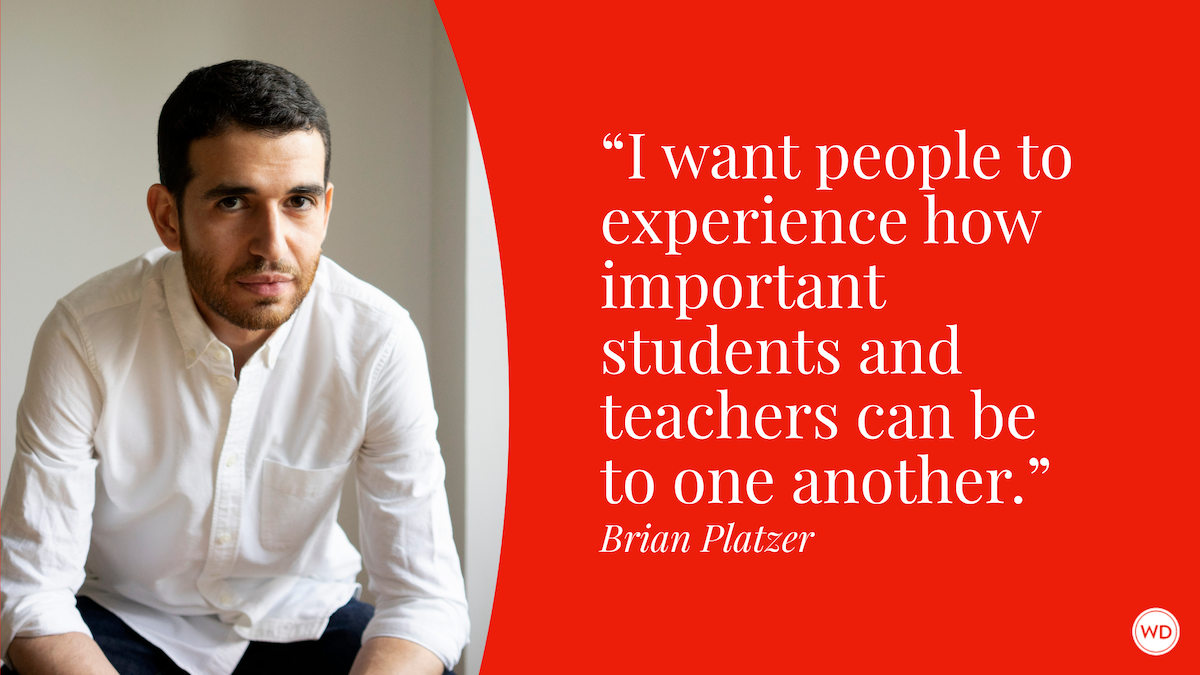Creative Story Editing: Introducing Fictionary’s Developmental Self-Editing Framework
Millions of amazing stories never make it through the editing phase, languishing forever in drawers, unfinished and unshared. Others make it onto Amazon only to end up with disappointing sales and one-star reviews. Learn how to overcome both and more.
Millions of amazing stories never make it through the editing phase, languishing forever in drawers, unfinished and unshared. Others make it onto Amazon only to end up with disappointing sales and one-star reviews.
This is often because the author was never taught the essential art of creative story editing.
What Is Creative Story Editing?
Creative story editing mixes literary artistry with craft knowledge to make your story more impactful. It’s the process of objectively evaluating your draft using techniques that successful authors have used for thousands of years.
Fictionary’s Story Editing Software
Creative story editing is complicated, but Fictionary makes it simple.
The story editing software guides you through a step-by-step developmental edit, helping you focus on the key story elements that have the biggest impact.
Our 9-step Story Editing Journey is a tried and tested process that’s been used by thousands of writers to make story editing less overwhelming. The automated Story Insights, including the popular Story Arc generator, will help you see your story in a whole new way.
Fictionary Live! Guided Editing Courses
If you are really serious about staying on track and reaching “The End,” then Fictionary Live! is the surefire way to get your manuscript over the finish line.
Take part in six-week guided courses that walk you through every step of the writing journey:
- 6 Weeks to Outline Your Novel (April 8 - May 13 & May 23 - June 27)
- How to Write Scenes Using Deep Structure (April 10 - May 15)
- 6 Weeks to Edit Your Romance Novel (April 30 - June 4)
- 6 Weeks to Outline Your Entire Series (May 8 - June 12)
- Novel Editing Part 1: Evaluate and Identify Issues (May 30 - July 4)
Each course is taught live by an experienced Fictionary Certified StoryCoach Editor. They assign weekly editing tasks, answer questions, and help you make your manuscript stronger with every session.
Fictionary Helps You Share Your Story with Confidence
Creative story editing with StoryTeller Software and the guidance of Fictionary Certified StoryCoach Editors has helped hundreds of authors feel confident that their story is ready for readers.
Take a free trial today and use coupon code WD25 to get 25% off StoryTeller or StoryTeller Premium (includes Fictionary Live! Guided editing courses).









